Education
Physics
Graduate Major5 Features
Discovering hidden laws
in the natural world
-
1
Discovering and Clarifying
the Basic Laws that Form
the Natural World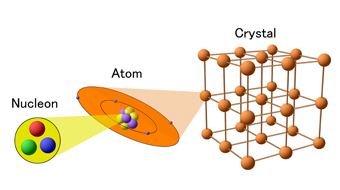
Physics is the study of discovering and systematizing the laws governing various phenomena that occur in the natural world. These phenomena range from elementary particles and atomic nuclei, to matter with diverse structures and properties seen in atoms, molecules, and solids, as well as large-scale phenomena in outer space. Most of these areas will be covered in the Graduate Major in Physics, where the fundamental principles of nature will be unraveled through vigorous experimentation and theoretical examination.
-
2
A Center of Excellence (COE)
Conducting World-Leading Research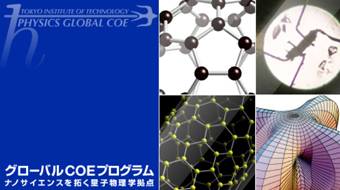
The Graduate Major in Physics has a world-class faculty active in a wide range of theoretical and experimental areas, conducting cutting-edge research and developing individuals with a high degree of professionalism and creativity. Our high-level research and education is highly acclaimed and we have been selected as a world-class research and education base by programs such as the 21st Century COE Program and the Global COE Program.
-
3
Preparing Physicists for
International Leadership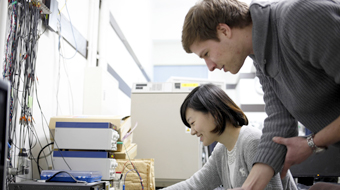
Today, globalization is spreading to various fields, requiring individuals capable of participating on a worldwide scale. The same is true in each area of physics, and through activities such as writing papers in English and giving presentations at international conferences, students acquire leadership and the ability to conduct research from an international perspective. The Graduate Major in Physics has been selected as one of the Initiatives for Attractive Education in Graduate Schools, and serves as a base to develop international human resources through its International Physics Leadership Program.
-
4
Seminars by Prominent Researchers
from Japan and Overseas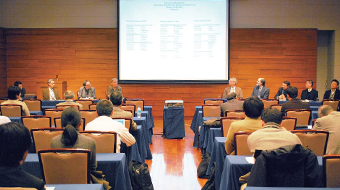
To conduct research, in addition to deepening knowledge and understanding of one's own area of study, it is also important to have a broad view of various fields. In the Graduate Major in Physics, prominent researchers from Japan and overseas are frequently invited to hold Nanoscience and Quantum Physics seminars which introduce the latest achievements from various fields. Through participation in seminars, an understanding based on perspectives that are completely different from that of regular research is cultivated.
-
5
Success in Various Academic
and Industrial Fields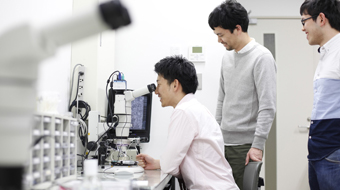
Students acquire knowledge of physics as well as practical and creative problem-solving skills. Such individuals are capable of handling various problems in the natural world and society, and are therefore in demand in several areas. Graduates of this department play leading roles in academic and industrial fields such as electronics, mechanics, manufacturing, and information.
